Installing solar panels can help reduce your monthly electricity bills, lower your carbon footprint, and increase the value of your home.
Solar panels are a sustainable way to generate electricity, and they will continue to produce power for decades to come, making them a wise investment for the future.
But as with any investment, you’ll need to weigh up the pros and cons of investing in a solar system for your home or business.
Advantages of rooftop solar
- Save money on your energy bills. When the sun hits your solar panels, electricity is basically free. If you have a battery linked up to your solar system, it will also recharge when the sun is shining, giving you backup energy to use either at night, on rainy days, or during blackouts. The amount of money you save will depend on the size of your solar system and your electricity tariffs.
- Reduce your carbon emissions. Solar panels produce electricity without emitting any greenhouse gases, which can help you reduce your carbon footprint.
- Increase the value of your property. Solar panels are seen as a desirable feature by many homebuyers and can make your property more attractive to potential buyers and renters who are looking for a green home. And as the demand for green homes increases, so too will the value of homes with solar panels.
 What to keep in mind when installing solar panels
What to keep in mind when installing solar panels
There are a number of things to keep in mind before you install solar panels at your home or business, including the size of your property (a bigger property needs a bigger system), the amount of sunlight (or shade) your property receives, the orientation of your roof, and your budget.
Some people are put off solar systems by the price of batteries, but you don’t need a battery to use solar panels. Sure, you’ll lose the benefit of having stored energy to use when the sun sets, but if you’re smart about how you use solar power when it’s available, you’ll automatically reduce your usage during times when it’s not.
CTA: EnergyFlex can guide you in making energy-smart decisions based on how you use energy. Sign up here.
Adding a battery to your solar PV system could be part of your Renewables Ready strategy as something you add at a later stage. The price of batteries will come down with time, but waiting until that happens shouldn’t stop you from investing in a solar system when you can. Besides, if you have an electric vehicle, it could double-up as a battery.
What solar power incentives are available in Australia?
There are a number of incentives and rebates available for solar installations in Australia. Although these differ from state to state, common ones include:
- Australia’s Small-scale Renewable Energy Scheme (SRES), which covers part of the cost to install a small-scale solar photovoltaic (PV) energy system.
- Rebates, incentives, and interest-free loans for energy-efficiency upgrades. You can access an interest-free loan or rebate to help cover the costs of energy-efficient products and upgrades, including rooftop solar, hot water heat pumps, reverse cycle heating and cooling, electric stove tops, and energy-efficient lighting. Some states also offer incentives to upgrade your refrigeration systems, compressed air and HVAC systems, power systems, furnaces, showerheads, ceiling insulation, and standby power controllers.
- Electricity feed-in tariff. If your solar system generates more electricity than you need, you can sell the excess back into the grid and receive a feed-in tariff. That’s right, your solar system not only provides you with free electricity but could also quickly pay for itself.
- Battery installation discount. When you install a battery at your home or business, you help to strengthen the electricity network and reduce costs. If you live in NSW, you could be eligible for a discount as part of the Small Distributed Batteries Project.
To see what renewable power incentives your state offers, click here.
Solar panels can save you a lot of money on your energy bills, but there are a few things you can do to maximise your savings. First, make sure that your solar panels are installed by a qualified professional. Second, use energy-efficient appliances and lighting. Third, try to shift your energy usage to times when the sun is shining.
EnergyFlex will show you how.
